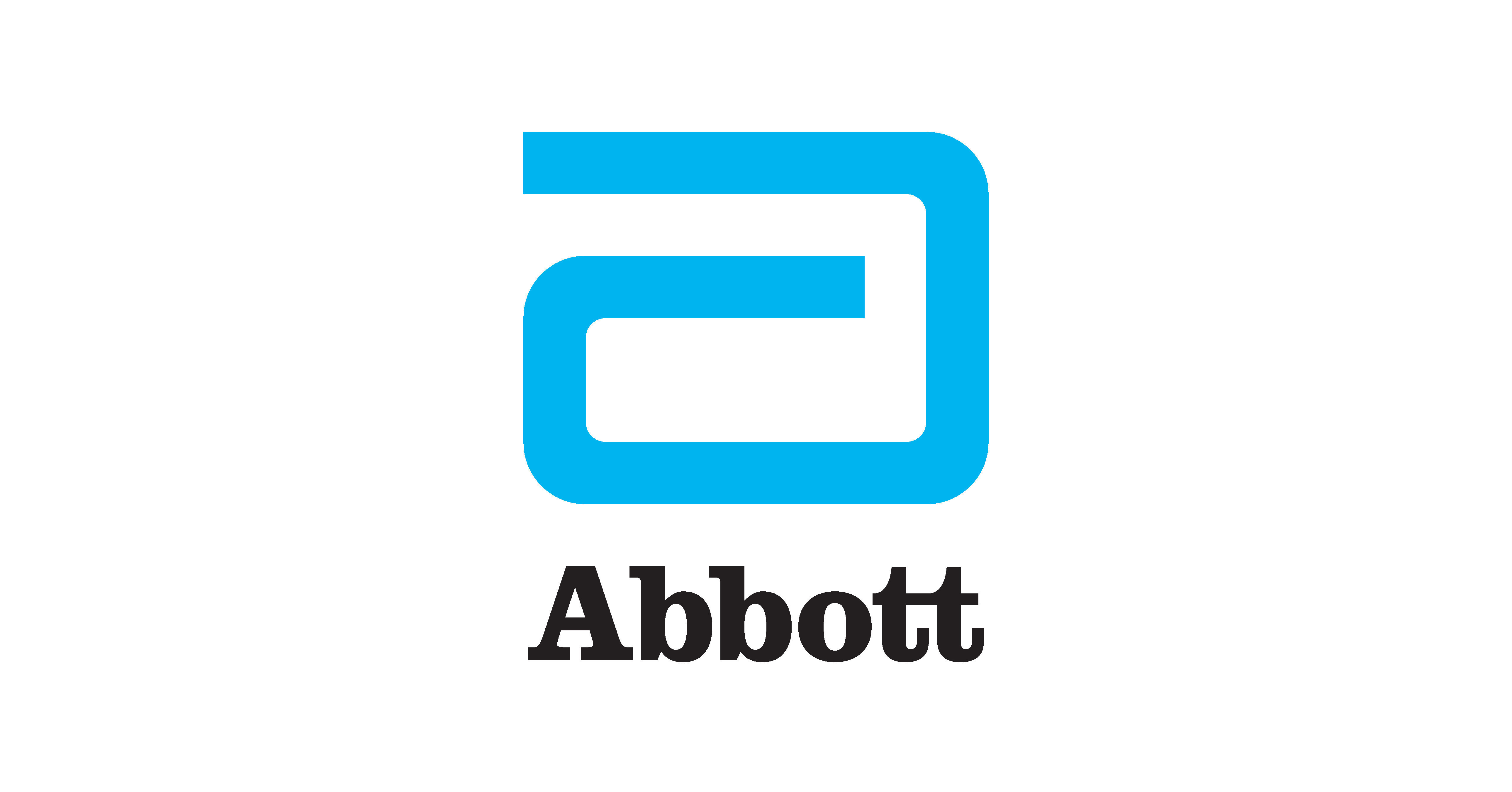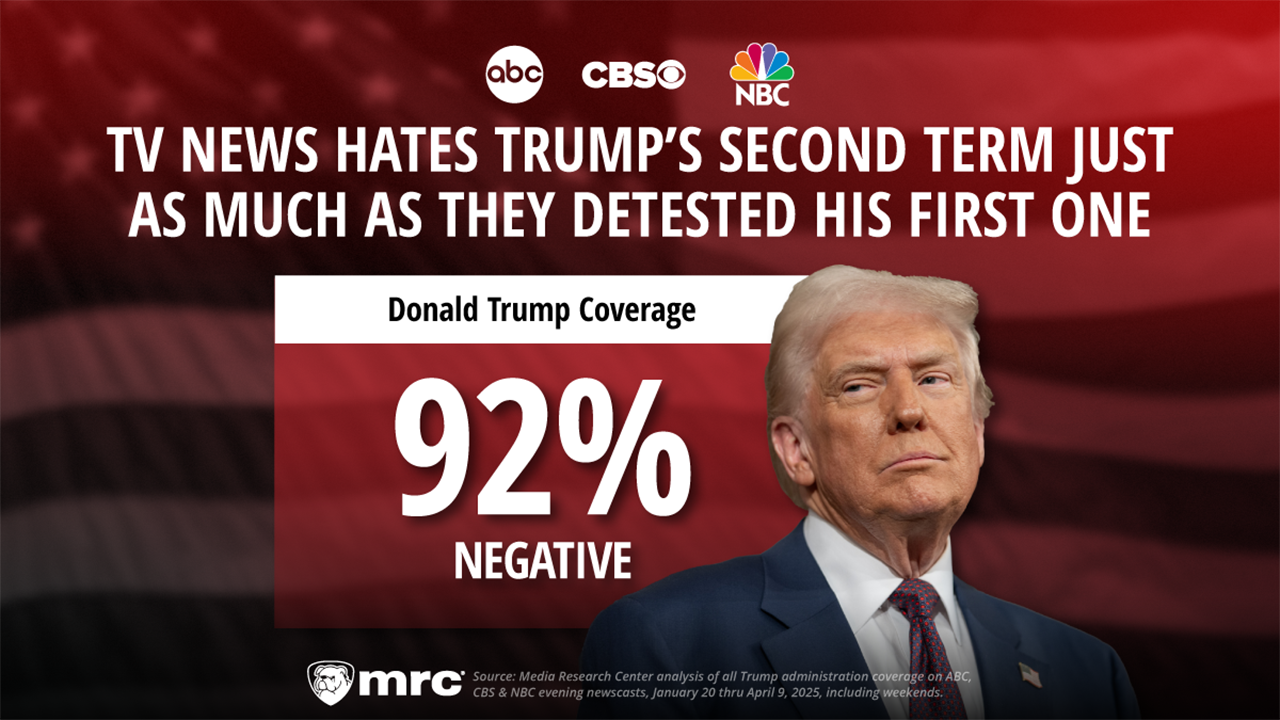There's been a lot of talk lately about the possibility of a recession. In April, JPMorgan Research increased the probability of a recession in 2025 to 60%, up from the earlier prediction of 40%. Torsten Sløk, a partner and chief economist at Apollo Global Management, an alternative asset manager and owner of Yahoo Inc., puts the odds of a recession this year at 90%.
Sounds bleak, right? Yet, a recession may be just the kind of economic setback that pushes mortgage rates down.
Clement Bohr, economist with the UCLA Anderson Forecast, recently issued a Recession Watch analysis.
"Every economist out there right now is saying just this tariff policy alone could trigger a recession in the U.S.," Bohr told Yahoo Finance in a phone interview. However, he added that forecasting a recession is difficult because policy-making decisions by the Trump administration vary day-to-day.
Read more: The best mortgage lenders for low or no down payments
In this article:
"Usually rates come down in a recession," Bohr said. "But it's not always the case, or at least if we look at what's going to happen this time around, it's not necessarily going to be the case."
Bohr said mortgage rates usually come down in a recession because, as the stock market becomes more volatile, investors shift their portfolios into government bonds. This pushes the prices of the bonds up — and yields (interest rates) fall.
What may be different this time?
"The shock that's going to trigger this recession is also a shock that's going to boost inflation, at least over the short term," Bohr added. If the trade war with China causes supply chain interruptions, Bohr said the risk of inflation might put the Federal Reserve in a position to not lower rates any further.
With the counterpressures of possible inflation and potential recession, mortgage rates may not move much.
"I would be surprised if interest rates go much higher because we have seen now that the administration is sensitive to that," Bohr said.
There's also a chance that the nation experiences a mild or very brief recession, which would likely not impact interest rates.
That's the thing about recessions — you don't know you're in one until it's already underway — or nearly over. The National Bureau of Economic Research declares a recession after "a few months" of data indicating a declining economy.
Learn more: How the Federal Reserve rate decision impacts mortgage rates
A 50-year history of recessions and mortgage rates
There have been seven recessions over the past 50 years. In all of those economic downturns, 30-year mortgage rates eventually dropped. Sometimes, well after a recession.
In the more than yearlong recession lasting from late 1973 to early 1975, rates fell, then rose, then dropped again. In the much shorter, five-month recession of 1980, mortgage rates skyrocketed from 12.85% to over 16% before dropping to nearly 12% as the recession ended.
However, between the end of June 1980 and the beginning of the next recession one year later, rates crept up to 17% and even higher before dropping again.
In the most recent recession, which lasted barely three months in the early pandemic year of 2020, mortgage interest rates barely budged, hovering near the mid-3% range. Yet, as the pandemic lingered, rates eventually fell to 2.65% before climbing to where they are today.
When will mortgage interest rates go down to 4%?
How to recession-proof your house as a homeowner
Historical mortgage rates: How do they compare to current rates?
How does inflation affect mortgage rates?
Bohr said that existing home sales have been "stuck" for so long, with homeowners sitting on very low-rate mortgages, that they may be sitting in houses that just don't fit their lifestyles anymore.
"At some point, say even just a 1% decline in the mortgage rate — which would be quite something — may be enough to trigger a lot of them to finally relocate into something that fits them better,” Bohr said. “And they'll just eat the extra couple percentage-point margin in the new mortgage."
With his outlook of mortgage rates not moving substantially higher or lower, it's a nugget of hope for prospective home buyers.
"Even a slight decline in mortgage rates could boost the housing market quite substantially," he said.
Read more: Should you buy a house during a recession?
They generally do, but as you can see from the chart above, most mortgage rate movements — up or down — happen outside the very narrow time frames of recessions.
If you have a fixed-rate mortgage, your payment will remain the same unless changes occur with taxes, insurance, or any other escrow accounts that may be a part of your monthly payment. With an adjustable-rate mortgage, if you are beyond the introductory rate period, your payment may reset with the movement of interest rates at its next periodic rate adjustment.
Most analysts aren't expecting any drastic drops in home loan rates within the next year. Of course, that can change with a dramatic shock to the U.S. economy.
It's not likely. However, few, if any, people can forecast an unexpected economic setback. The pandemic was the most recent example — and the 2008 housing market crash another.
Laura Grace Tarpley edited this article.
.png)
 German (DE)
German (DE)  English (US)
English (US)  Spanish (ES)
Spanish (ES)  French (FR)
French (FR)  Hindi (IN)
Hindi (IN)  Italian (IT)
Italian (IT)  Russian (RU)
Russian (RU) 








Comments